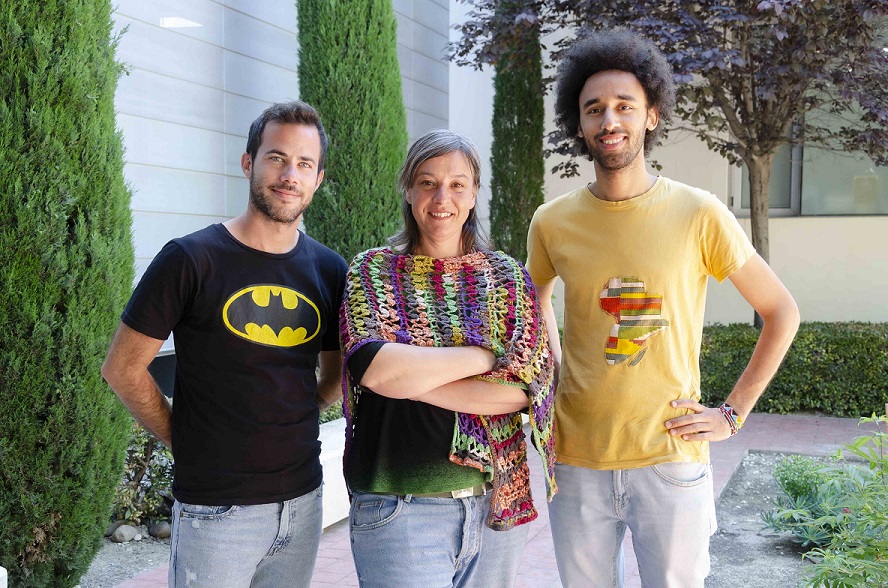Multimodal cues displayed by submissive rats promote prosocial choices by dominants
“Good leaders are more helpful, a study in rats say”
We usually think of dominant subjects as more aggressive, but this study shows that this is not the case.
July 7, 2022 – Behaviors that benefit others, known as prosocial behaviors, are not exclusive to humans, but are conserved in different species, including rats, given their importance for survival. These altruistic behaviors favor the development of positive social interactions, such as cooperation, which support individual and group well-being.
Several factors modulate prosocial behaviors, including familiarity and social status. In relation to the latter, flexible adaptation of decision making based on social hierarchy may be a crucial survival strategy. However, little is known about the behavioral correlates that promote choices for the benefit of other community members.
The latest work of the Neural Circuits of Social Behavior Laboratory of the UMH-CSIC Neurosciences Institute, led by Dr. Cristina Márquez Vega, evaluates precisely this question. They have discovered that social hierarchy is a fundamental modulator of prosocial behaviors, while sex or the degree of familiarity is not.

Joan Esteve-Agraz, Cristina Márquez, Michael Gachomba
This study has been funded by the US Brain & Behavior Research Foundation (NARSAD Young Investigator Grant 26478), the “la Caixa” Foundation (ID 100010434), the Bial Foundation (250/16), the Carolina Foundation and the Agencia Estatal de Investigación (RTI2018-097843-B-100).
Read more… Press release in the attached pdf file (right side)

 Español
Español
